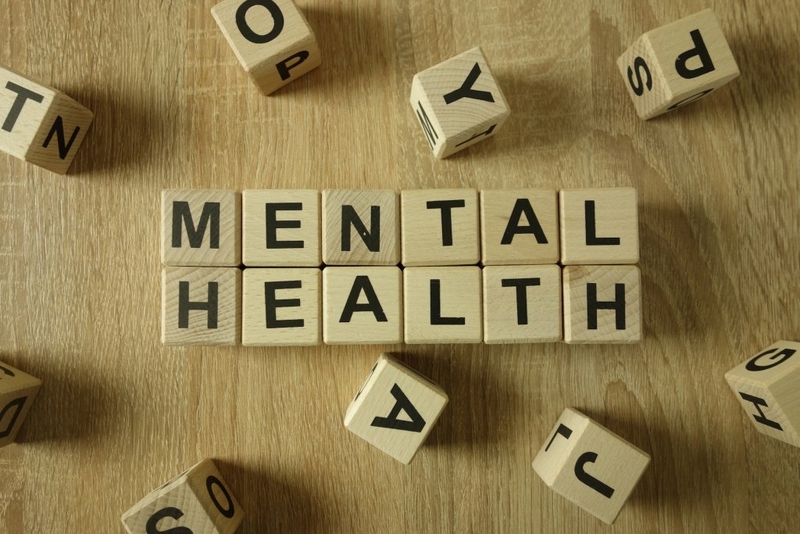Tennessee officials seek to expand care for children’s mental health needs

More than 1,600 children arrived at East Tennessee Children’s Hospital’s emergency room last year experiencing a mental health crisis, mirroring a nationwide trend that has tracked a 60% overall increase in kids coming to hospital ERs for help.
“Part of what we’ve been trying to figure out is how do we get to children as quickly as possible when they are in crisis, when they’re worried about themselves and talked about harming themselves or others,” said hospital CEO Matthew Schaefer last week.
The challenge comes even with an increase in state funding to make mental health crisis care available to all Tennessee children — even those who lack insurance or are underinsured.
Last year, state lawmakers approved a $217 million increase in safety net funding to serve Tennessee children in need of mental health care without insurance. State funding has also been used to establish alternatives to ER’s for emergency psychiatric care, create ‘behavioral health liaisons’ working with schools in each county and deploying mobile units to aide families at home.
And while the number of available mental health inpatient hospital beds has increased— from 261 in patient psychiatric beds in 2008 to 437 today — not all of those beds are actually available. There aren’t enough staff.

“There’s this rumor that we don’t have enough beds,” Marie Williams, commissioner of the Department of Mental Health and Substance Abuse Services told lawmakers reviewing pediatric mental healthcare Thursday.
“Is it the beds that’s the issue, or is it the workforce?” Williams said, noting lawmakers had allocated additional funding to add mental health staff last year, but the problem persists. “We are missing a way to fully address the workforce shortage.”
Children’s hospitals are beginning to pivot to alternatives to the ER for kids in crisis, Schaefer noted.
East Tennessee Children’s Hospital now relies, in part, on crisis stabilization centers operated by a local nonprofit center. The McNabb Center in Knoxville is one of eight centers around the state that provides emergency care for kids in crisis, who stay on average for three days.
“Rather than sitting there in an emergency setting where we’re really focused on medical and surgical needs, how do we transition them to a therapeutic setting?” Schaefer said. “That’s what the crisis stabilization allows.”
The facilities provides care to kids regardless of ability to pay. Nearly half of all children in Tennessee are covered by private insurance, and 43% are on TennCare, Tennessee’s Medicaid program. About 5% of kids remain uninsured, a stubborn problem that Williams said state officials are working to change.
The vast majority of the uninsured kids — 85% — who sought state mental health care services were eligible for TennCare, Tennessee’s Medicaid program, but did not know it, Williams said.
“For kids who are uninsured, that’s because they didn’t know. The parents didn’t know there was a resource to cover them if they’re under the federal poverty level, and the kids or the school doesn’t know,” said Williams, who noted that outreach efforts have been hampered by pandemic shutdowns that prevented state officials from providing outreach in schools.
Correction: This story has been updated to reflect the correct spelling for Dr. Matthew Schaefer.








